Commonly Confused Words 1
Today we’re going to take a look at a few of the most commonly confused words.
First, you have the task of choosing the correct word. As you can see, there are two words in brackets.
Choose the correct one and check your answers below.
So, go ahead and pause this audio. When you’ve finished the task, play the audio again, and I will go through the answers and give brief explanations on usage.
Let’s do it.

(There or Their) It is __________ Christmas tree.
(Which or Witch) ___________ direction do we need to go?
(Affect or Effect) Drinking has a negative __________ on your health.
(Breathe or Breath) My dog has really bad __________.
(Already or All ready) I have __________ paid for her services.
(Another or Other) I’m going to speak with my __________ sister.
(Accept or Except) You can take everything __________ for my dog.
Okay, welcome back. Here we go. The first one is…
(There OR Their) And of course, it is the second option here, spelled t-h-e-i-r.
Explanation: This is a pretty straightforward one. The pronunciation is the same but the spellings are different.
There: t-h-e-r-e, Indicates place, i.e. “He’s over there,” and is often connected to a noun: “There are many tourists in the city.”
Their: spelled t-h-e-i-r, is a possessive and indicates that something is owned by two or more people:, as in the example above: It is there Christmas tree.
Okay, let’s take the next one.
(Which OR Witch) And the answer is? The first one. Which direction do we need to go?
Explanation:
Again, the pronunciation is the same here, but the spellings give different meanings.
Which: w-h-i-c-h is a pronoun and is usually used to determine between two things: Which car is yours?
Witch: spelled w-i-t-c-h is a noun and is a supernatural being connected to Halloween: “There’s a witch living in the forest.”
Easy peasy. On to the next one…
(Affect OR Effect) And, of course, the answer is… number two: effect. Drinking has a negative effect on your health.
Explanation:
The pronunciation is very slightly different this time, but the spellings are very easily confused.
To affect: is a verb and has an “effect” on something else: “The weather affects my mood.”
An effect: is a noun and refers to the outcome of something: “He used a really cool effect on his voice.”
The next one…
(Breathe OR Breath) Then answer is… Number 2: Breath.
My dog has really bad breath.
Explanation:
This time we have very similar spellings, but the additional E in breathe changes the pronunciation.
Breathe: is a verb and refers to the act of inhaling and exhaling: “I cannot breathe because of the smoke.”
Breath: is a noun and refers to the air that is inhaled and exhaled: “It’s so cold I can see my breath.”
On to the next one…
(Already OR All ready) The answer is.. Number one. The one-word example. I have already paid for her services.
Explanation
In this example, there is a very slight difference in intonation depending on if we are saying the one or two words.
Already: is an adverb and refers to something that has previously been completed: “Have you already paid?”
All ready: Refers to something or someone that has been prepared or is prepared: “I am all ready when you are.”
So we have, already… all read
(Another OR Other) The answer is… Number two: other.
I’m going to speak with my other sister.
Explanation
Both words her act as pronouns but have slightly different meaning.
Another: is used to indicate one more of something: “Let’s have another drink.”
Other: is used to indicate a thing or person that is different from the one previously mentioned: “Would you like to see my other bike?”
(Accept OR Except) The answer is… accept.
You can take everything except for my dog.
Explanation
Here we have a similar difference in pronunciation as with “affect” and “effect”
Accept: is a verb and used to express consent to something offered or that something is correct: “He accepted the award on my behalf.”
Except: is a preposition or a conjunction and used to express an exception or something not included: “Everyone is coming except Daniel.”
Well, that was it for part one of Commonly Confused Words, be sure to check in next week, when we’re going to take at look at 9 or 10 examples of commonly confused words.
I you have some examples, as always, drop them in the comment section below.
see you next time.
Podcast: Play in new window | Download

